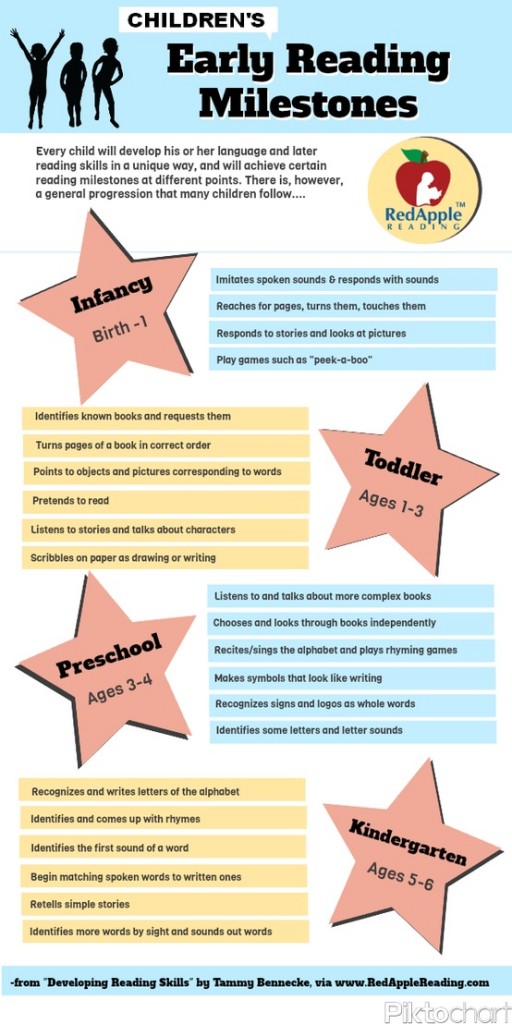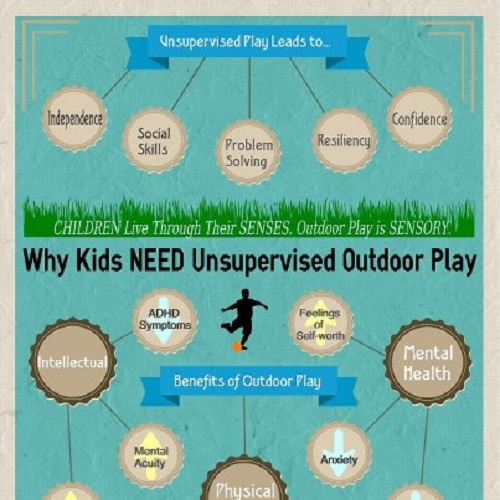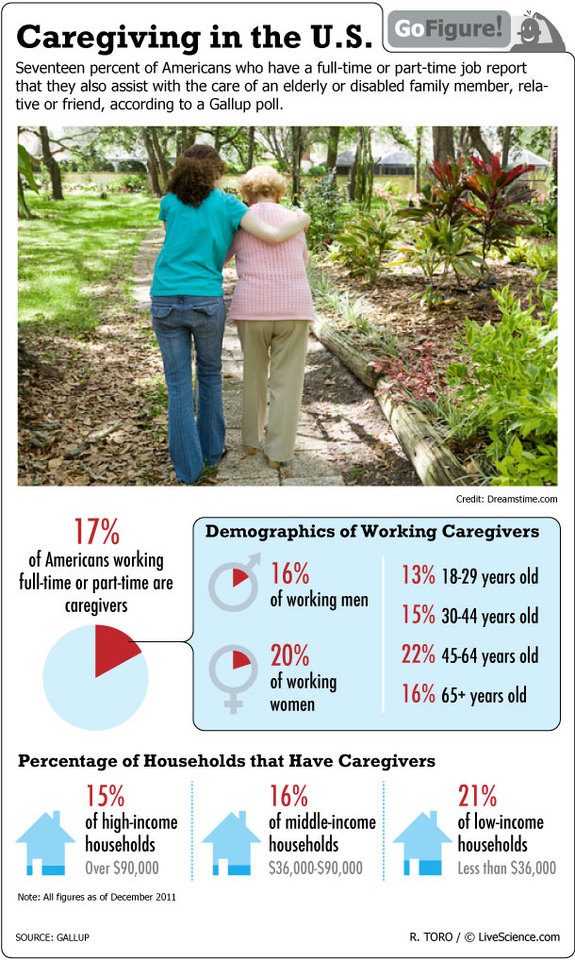Yesterday, we covered a recent scientific study that explored the relationship between the ability of an infant to sit upright and his cognitive development. Being able to reach, grasp, and manipulate objects around the infant encourages his learning and growth. While it’s important to help your baby learn to sit upright, there are numerous other speech therapy activities you can do to encourage your baby’s early language development.
Early Speech Therapy Activities for Babies: How Sitting Up Can Help
Speech Therapy TechniquesFor years I worked in a library and every New Year’s, I would see a gaggle of people flocking to the fitness DVDs to get started on their weight loss resolutions. Did you know there are “Candlelight Yoga” and “Sit and Get Fit” DVDs? Sound too good to be true? Well a scientific study was just released that suggests that sitting has more benefits than you might think – for infants anyway, definitely not for us. In fact, infants who sit sooner and sit often may have increased cognitive abilities, which may suggest that their early language development also benefits. So if you can encourage your little one to pull himself up into a sitting position, it may (possibly) reduce the chance that he’ll need speech therapy activities later in life. At the very least, he can get a little extra boost up in life – literally.
Got a Hyperactive Youngster? Try These Speech Therapy Activities for Kids On the Move!
Speech Therapy TechniquesMany at-home speech therapy activities and techniques, such as Speech Buddies, can often be squeezed into a few minutes here and there before bedtime, while making dinner, etc. In many cases, simply knowing how to talk to your speech disordered child can make a huge difference. But did you know that you can also customize your child’s favorite sport to turn it into a fun speech therapy session?
Best Resolutions for Caregivers This New Year
NewsHave you made your New Year’s resolutions yet? Many of us will start 2013 bound and determined to lose weight, de-stress, de-clutter, or get out of debt. Typical New Year’s resolutions focus on self-improvement. But if you’re the parent or caregiver of a special needs child, taking care of your own needs often takes a backseat. You’re probably too busy implementing the latest speech therapy techniques, driving your kids to occupational therapy sessions, etc. And when you’re not wrapped up in caregiver duties, you’re probably desperately trying to fulfill all of your career responsibilities – from preparing sales presentations to dealing with workplace uniforms to boost your company’s brand. And amidst that insanely busy schedule, there’s probably very little time to address your own needs. This New Year’s, resolve to take care of yourself so that you can better take care of everyone else.
Build Your Child’s Vocabulary! Top Speech Therapy Activities
Speech Therapy TechniquesSpeech therapy activities often work to improve a child’s understanding of language. If you’ve read our recent posts on boosting expressive language and receptive language skills in children, you’ve probably already realized that vocabulary has a lot to do with those crucial areas. After all, how can your youngster follow your direction to “Stop aggravating your sister, Billy!” when he does not yet understand the word “aggravating”? Before jumping to the conclusion that your tiny tot is in a rebellious stage and is purposefully trying not to follow directions, consider whether he understands the vocab you’re using.
Building a child’s vocabulary probably sounds like a tedious task. But you can banish those images in your head of long hours spent doing flashcard drills (unless, of course, your youngster actually – gasp! – enjoys doing flashcards). Building your kidlet’s vocab can – and should – be fun! There are countless games you can play that helps strengthen vocab skills, and I’ve listed a few of them in this post to get you started. As always, it’s important to collaborate with your child’s speech-language pathologist (SLP). She can point you in the right direction for speech therapy activities that suit your child’s needs.





